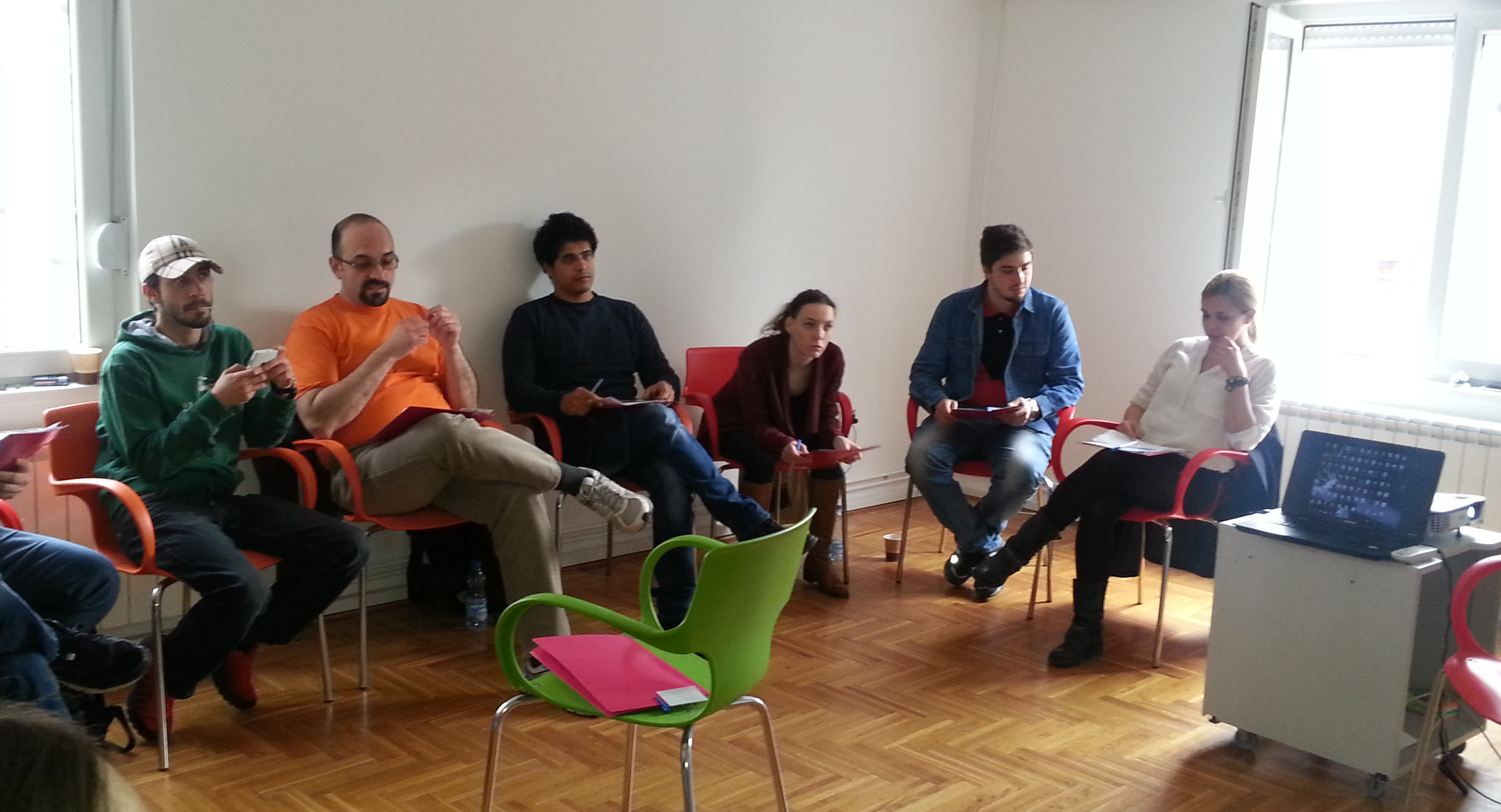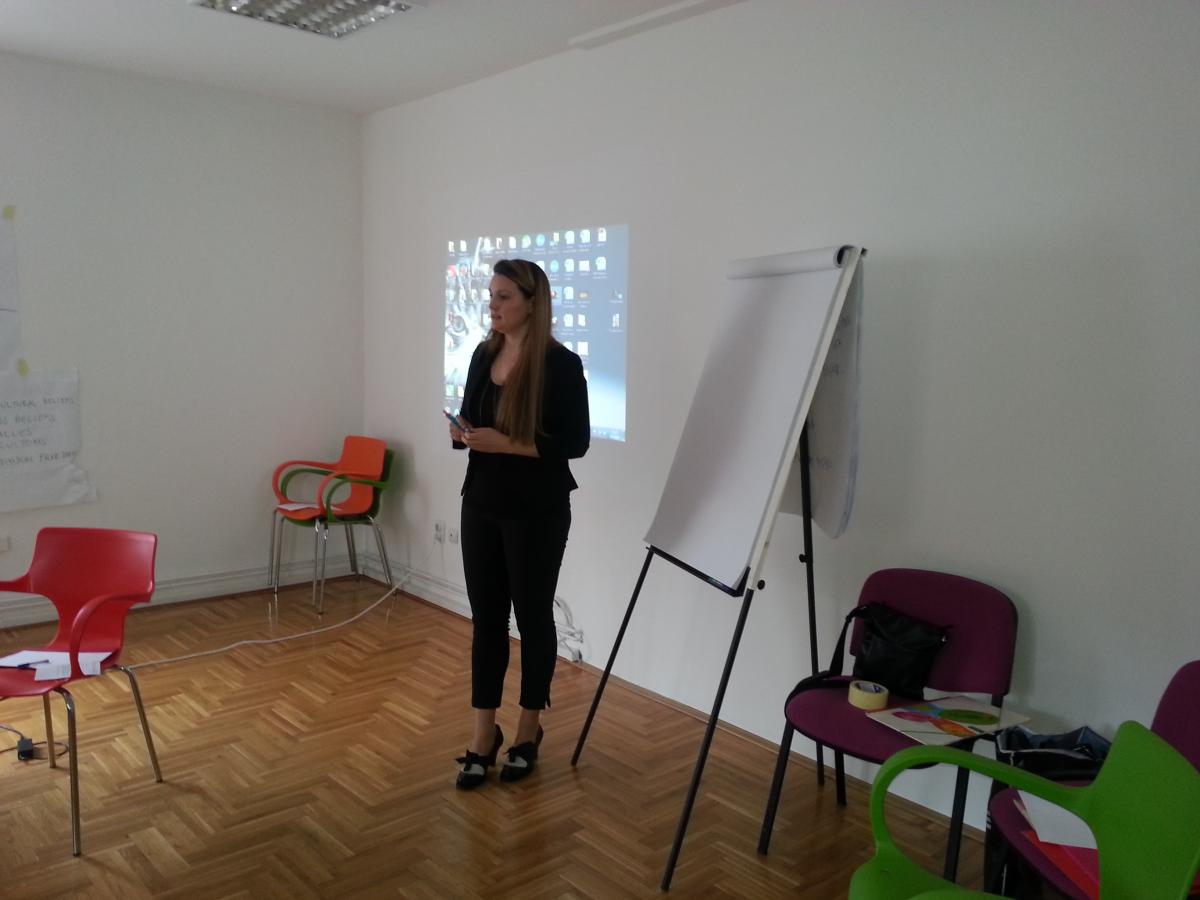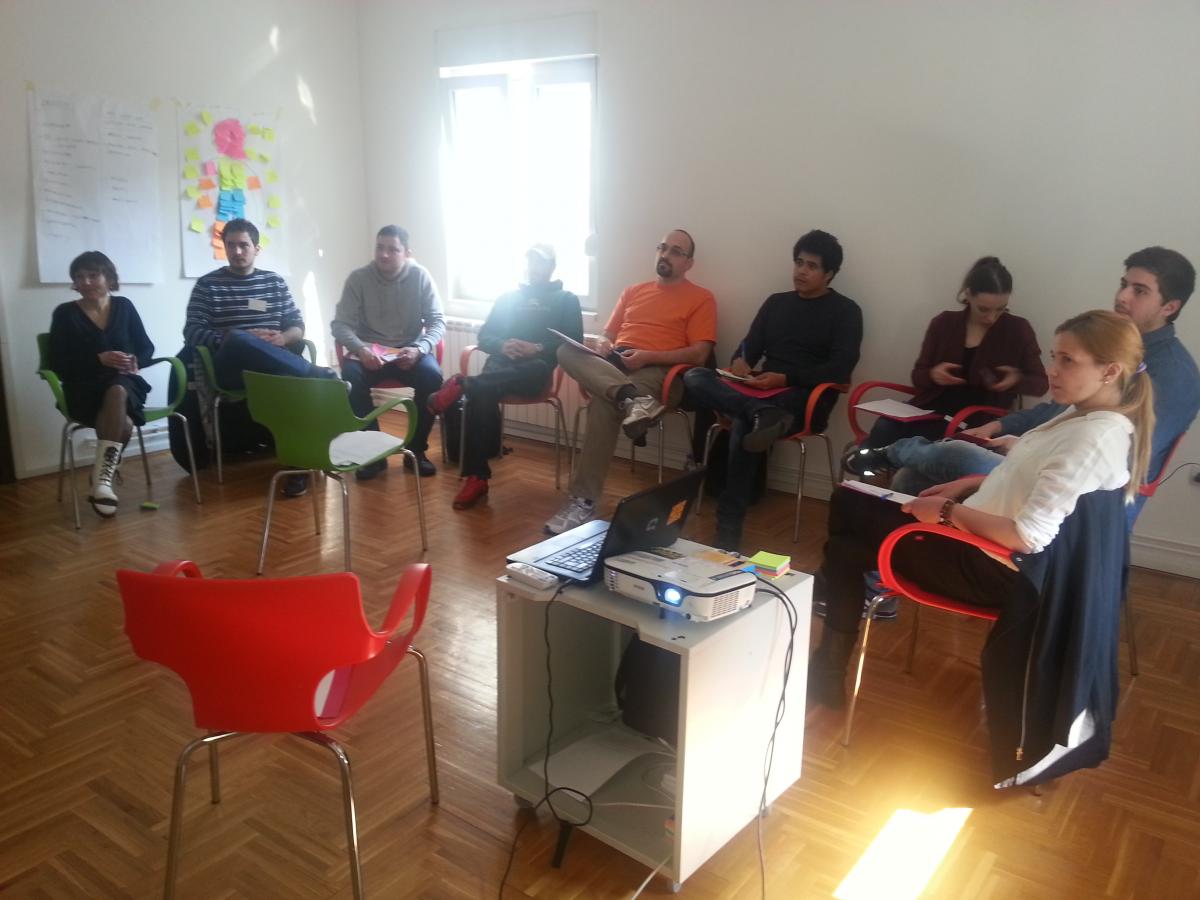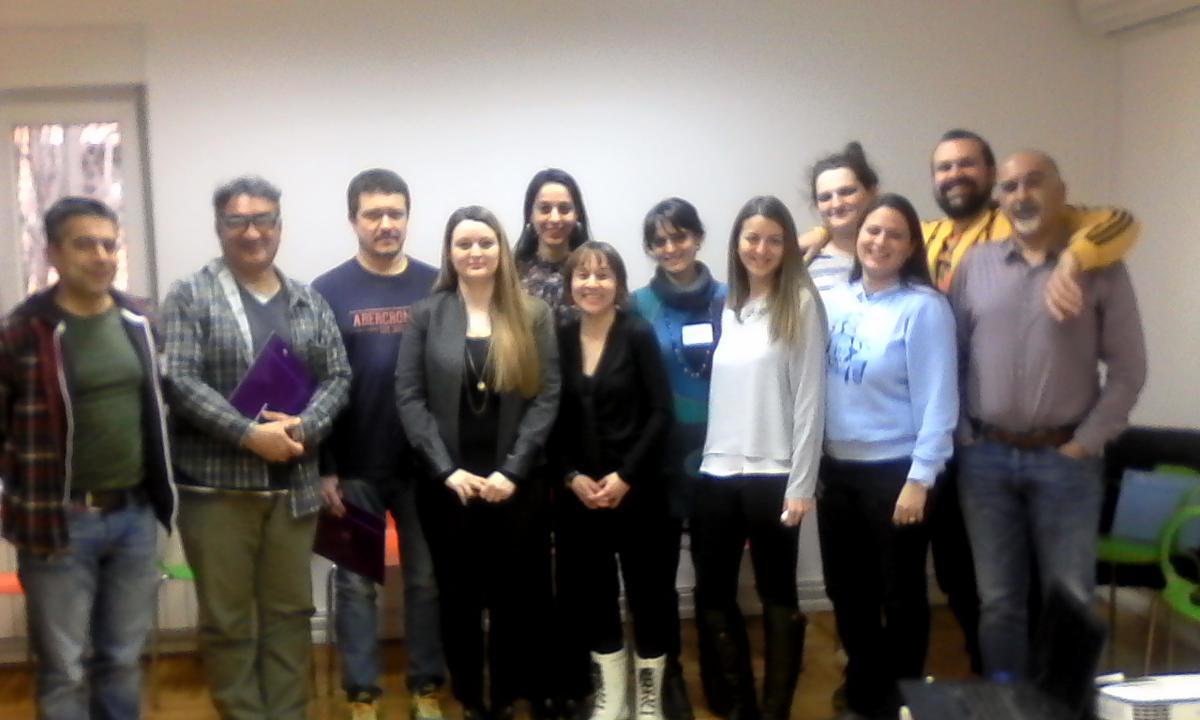Hotline: +381 61 63 84 071
Atina held a training for Doctors Without Borders in Serbia

In March 2016, Association Atina organized two two-day trainings for a total of 21 employees from Doctors Without Borders (Médecins Sans Frontières - MSF) engaged in providing direct assistance to the refugee population in Serbia.

Taking into account the specificities refugee crisis brings, and especially bearing in mind the risks which refugees encounter on their way, the aim of the training was pointing to, and mastering, specific skills necessary to work and provide adequate assistance and support. The participants had the opportunity to learn how to master techniques of constructive communication with respect to cultural diversity, techniques of active listening and conflict resolution and dealing with prejudice, i.e. all the factors of interpersonal relationships that inevitably occur in situations of crisis and mixing of different cultures.

Through display of the cases Atina had the chance to record in the previous period, participants, together with trainers, went through indicators that may suggest to the existence of violence in a concrete case, and the interventions that have been implemented. During their journey, refugees, particularly women and children, are directly exposed to various forms of violence and the risk of becoming victims of human trafficking and various forms of gender-based violence. It is therefore important that all professionals involved in the provision of assistance be empowered to recognise, identify and provide adequate assistance, or refer to relevant institutions, those persons who have survived trauma, violence or are at increased risk of becoming victims of human trafficking and gender-based violence.

Since the beginning of the refugee crisis in our region, NGO Atina has been actively involved in direct assistance and support to this population, especially women and children as the most vulnerable categories. One of Atina’s activities is also organising training and education for the professionals from different organisations and institutions in order to more efficiently provide assistance in the field.












 FACEBOOK
FACEBOOK TWITTER
TWITTER YOUTUBE
YOUTUBE